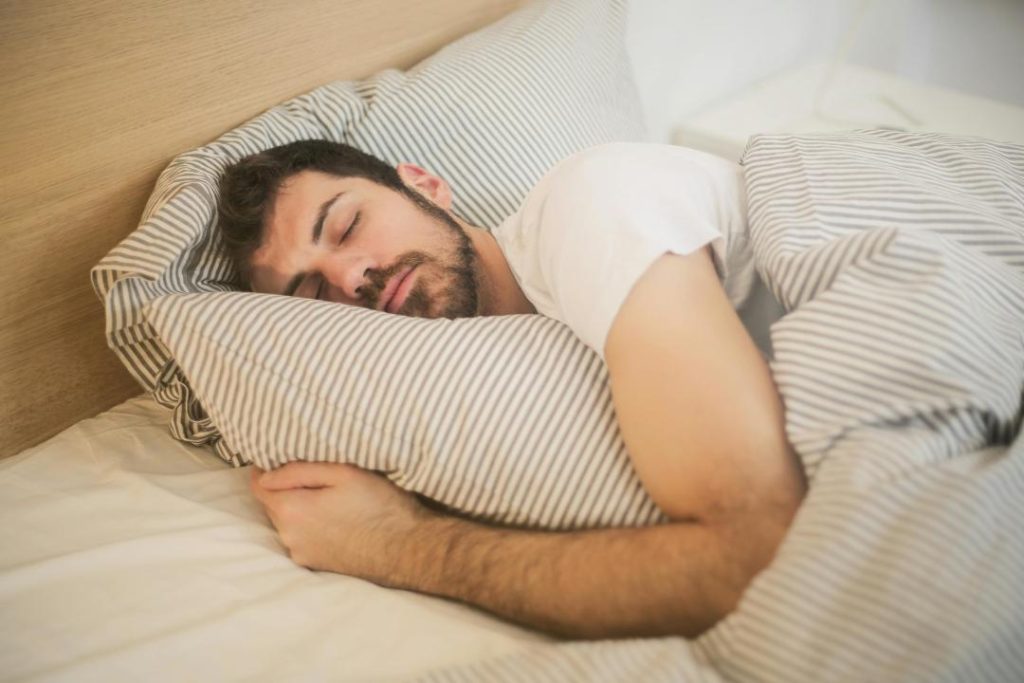
New Study Shows Athletes Benefit from Afternoon Naps
When it comes to athletes, rest and recovery are crucial components of their training regimen. As they push their bodies to new limits, they need to ensure that they’re getting the right amount of sleep to perform at their best. But what about afternoon naps? Can they really benefit athletes, or are they just a luxury that can disrupt their nighttime sleep? A new study published in the Journal of Sleep Research has shed some light on this question, and the results are promising.
The study, conducted by researchers from the University of St. Andrews in Scotland, looked at the effects of afternoon naps on the sleep patterns of student athletes. The researchers recruited 24 student athletes and divided them into two groups: one that took a 25-minute nap, and another that took a 90-minute nap. Both groups were instructed to take their nap between 2 pm and 3 pm, and to avoid any strenuous activity or stimulating tasks for at least 30 minutes after waking up.
The researchers monitored the athletes’ sleep patterns using actigraphy, a non-invasive method that tracks movement and sleep-wake cycles. They found that both groups of athletes experienced a significant increase in sleep pressure, which is the need for sleep, after their afternoon nap. However, they also found that neither group experienced any negative effects on their nighttime sleep.
In fact, the researchers found that the athletes who took a 25-minute nap actually slept longer and had better sleep quality during the night compared to those who took a 90-minute nap. This suggests that shorter naps may be more beneficial for athletes, as they can provide a quick boost of energy and recovery without disrupting their nighttime sleep.
So, why do afternoon naps seem to benefit athletes? There are a few reasons. First, naps can help to reduce sleep pressure, which can build up over the course of the day and make it difficult to fall asleep at night. By taking a nap, athletes can reduce their sleep pressure and wake up feeling more refreshed and alert.
Second, naps can help to improve cognitive function and reaction time. This is especially important for athletes who need to be able to respond quickly and make split-second decisions during competition. Naps have been shown to improve reaction time and reduce errors, making them a valuable tool for athletes.
Finally, naps can help to promote recovery and reduce muscle soreness. When athletes engage in intense physical activity, their muscles can become sore and inflamed. Naps have been shown to reduce muscle soreness and promote recovery, which can be especially important during periods of intense training or competition.
So, what are the implications of this study for athletes and coaches? First, it suggests that afternoon naps can be a valuable tool for promoting recovery and improving performance. By taking a nap, athletes can reduce their sleep pressure, improve their cognitive function, and promote recovery.
Second, it suggests that shorter naps may be more beneficial for athletes. While longer naps may be more relaxing and rejuvenating, they can also disrupt nighttime sleep and make it difficult for athletes to fall asleep when they need to. Shorter naps, on the other hand, can provide a quick boost of energy and recovery without disrupting nighttime sleep.
Finally, it suggests that athletes and coaches should prioritize sleep as an important component of their training regimen. By getting enough sleep and incorporating naps into their routine, athletes can optimize their performance and achieve their goals.
In conclusion, the study suggests that afternoon naps can be a valuable tool for athletes, providing a quick boost of energy and recovery without disrupting nighttime sleep. By incorporating naps into their routine, athletes can optimize their performance and achieve their goals.
Source:
- Title: Do afternoon naps affect nighttime sleep in athletes?
- URL: https://thepfc.club/blogs/news/do-afternoon-naps-affect-nighttime-sleep-in-athletes






